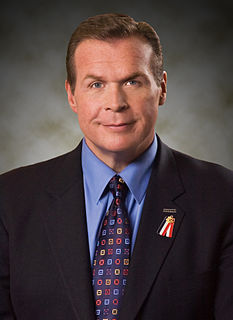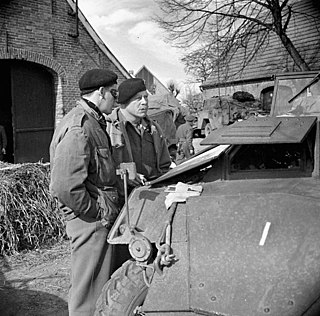A Quote by Dwight D. Eisenhower
Nothing is easy in war. Mistakes are always paid for in casualties and troops are quick to sense any blunder made by their commanders.
Quote Topics
Related Quotes
Where are they now that we, the men whom they sent off to war, have returned? These are commanders who have deserted their troops, and there is no more serious crime in the law of war. The Army says they never leave their wounded. The Marines say they never leave even their dead. These men have left all the casualties and retreated behind a pious shield of public rectitude. They have left the real stuff of their reputation bleaching behind them in the sun in this country.
I will never say, 'support the troops.' I don't believe in the validity of that statement. People say, 'I don't support the war, I support the troops' as though you can actually separate the two. You cannot; the troops are a part of the war, they have become the war and there is no valid dissection of the two. Other people shout with glaring eyes that we should give up our politics, give up our political affiliations in favor of 'just supporting the troops.' I wish everything were that easy.
If our commanders on the ground say we need more troops, I will send them. But our commanders tell me they have the number of troops they need to do their job. Sending more Americans would undermine our strategy of encouraging Iraqis to take the lead in this fight. And sending more Americans would suggest that we intend to stay forever, when we are, in fact, working for the day when Iraq can defend itself and we can leave.
There's nothing you can do that can't be done Nothing you can sing that can't be sung. Nothing you can say but you can learn how to play the game. It's easy. Nothing you can make that can't be made. No one you can save that can't be saved. Nothing you can do but you can learn how to be you in time. It's easy. Nothing you can know that isn't known. Nothing you can see that isn't shown. Nowhere you can be that isn't where you're meant to be. It's easy.
I am not a religious person, nor do I have any regrets. The war took care of that for me. You know, I was brought up strictly kosher, but I - it made no sense to me. It made no sense to me what was happening. So nothing of it means anything to me. Nothing. Except these few little trivial things that are related to being Jewish. ... You know who my gods are, who I believe in fervently? Herman Melville, Emily Dickinson - she's probably the top - Mozart, Shakespeare, Keats. These are wonderful gods who have gotten me through the narrow straits of life.
At no point do I ever remember taking religion very seriously or even feeling that the biblical stories were any different from fairy stories. Certainly, none of it made any sense. By comparison, the world in which I lived, though I might not always understand it in all aspects, always made a lot of sense.

































